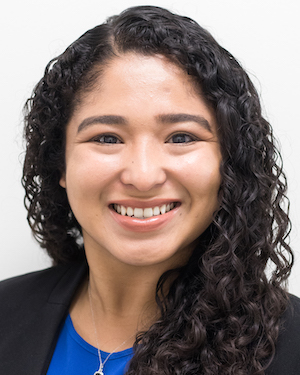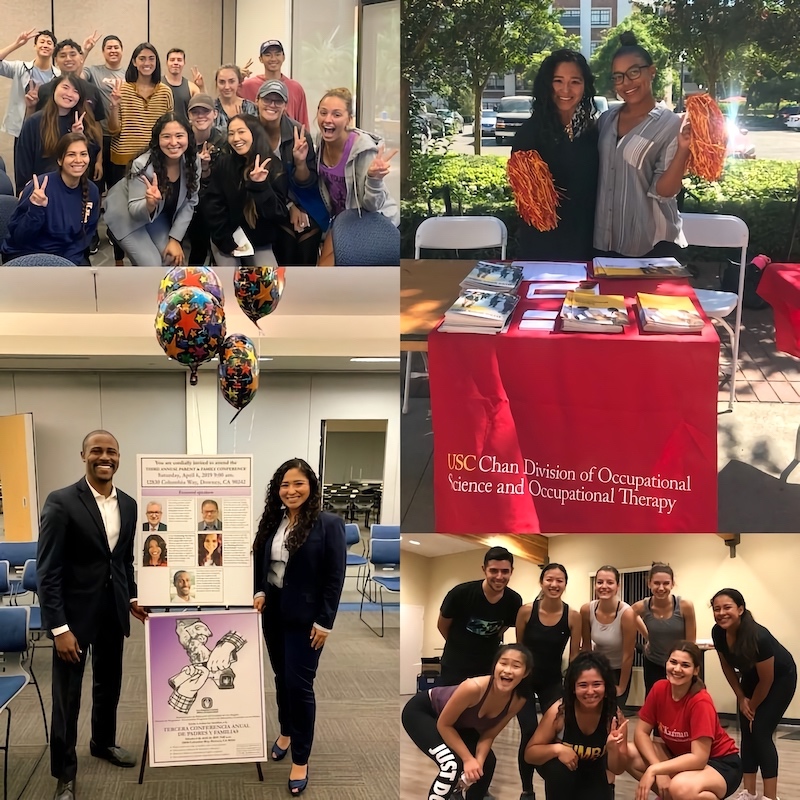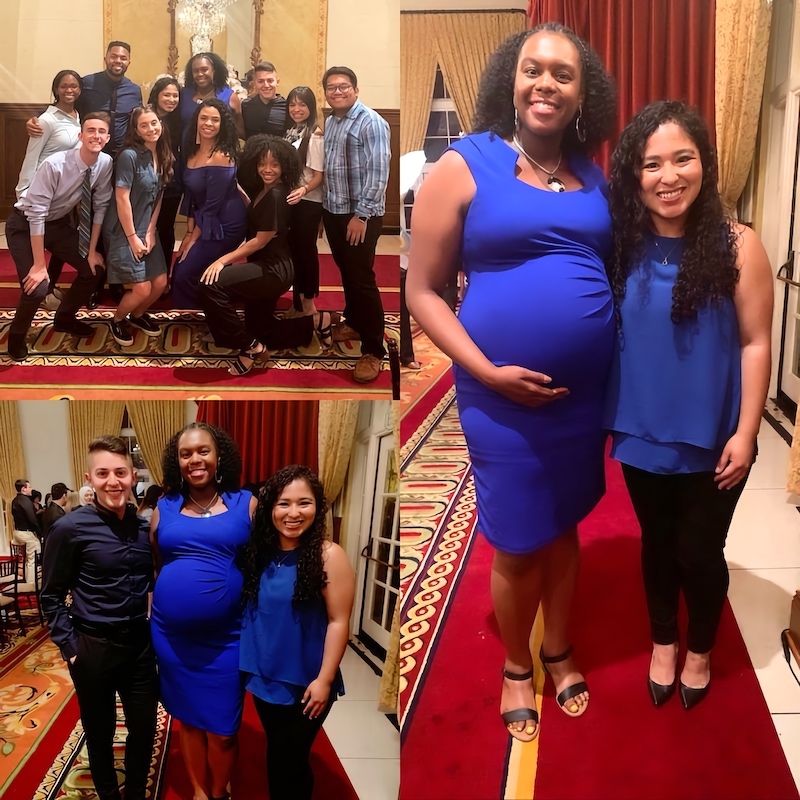Don’t say yes, if you want to say no!

October 4, 2019
by Marilyn
Humans are innate social beings that thrive on reciprocity. Our internal nature often leads us to people pleasing, in order to not disrupt a potential bond professionally and personally. When we make the decision to provide a quick yes, instead of the difficult no we overcommit. Overcommitting often leads to a decrease in energy, time, overall health, and sometimes finances, so it is important to really evaluate the weight of the yes.
The need to please others comes from the feeling of “I want to make everyone happy and I want to make sure that everything is okay.” However, sometimes making others happy leads to one’s own unhappiness. The recognition of my own people pleasing tendencies and lack of saying no were revealed to me during my first semester of grad school. I began to take on colleagues work shifts, was engaging in late night roommate conflict mediations, supporting residents during moments of crisis and providing them with referrals, driving home every other weekend, studying late hours, working hard at my fieldwork placement and the list can go on. All to say, I ended up getting sick for a week. My body was telling me that I needed to slow down and take a breather. As I was lying in bed trying to pinpoint when I began to feel sick, what came to mind was the different times I was saying yes to others and inadvertently saying no to me (spiritually, mentally, physically, and emotionally).
This week, I had conversations with mentors about the two lettered word: N-O. I wanted to learn about the strategies they developed over the years professionally and personally, in order to share it with you!
1. Opportunity Cost

MA-I students (Macy Peralta, Mike Pacifico, and Japeth and MA-II students (Kaho Ishizuki and Kevin Urhik) expressing visually how they say no internally.
When making decisions there typically is an opportunity cost. Will I go to the movies this evening versus spending that time at home completing school tasks? Will staying up till 3am to study be effective or should I get some more time for sleep? Should I apply to this educational program when I need to make ends meet at home financially? These questions become overwhelming overtime, so it is important to be able to evaluate the opportunity cost. In the end it is important to understand that opportunities will continue to arise regardless of the one no you decided to say. Being able to weigh the pros and cons can provide you with clarity to move forward with one semi-solid decision, even when the unknown outcome seems daunting.
2. Be Intentional

Top Left: CSUF Kinesiology Student Association presentation Bottom Left: Twinspire Non-profit organization presentation for parents and families Top Right: Student Ambassadors tabling at the Black and Latinx Symposium Bottom Right: Former housing residents and I after the zumba class I instructed
There is a difference in saying no just because you don’t feel like it versus being intentional and strategic about your motives. This strategy is one that I find that helps me out the most when determining my intentions behind saying yes or no to an opportunity. Depending on the urgency in response time provided to me, I try to give myself at least 24hrs before I say yes or no. By giving myself time to process my answer, I can begin to evaluate if it is manageable to say yes. Choosing to invest most into the things that I am passionate about and being intentional with not overcommitting myself will help both parties involved.
3. Being Transparent

Residential Education End of Year Banquet. Top Left: Graduate & Family Housing East staff Bottom Left: Residential Community Coordinator Jasmine King and former Graduate Residential Community Coordinator JC Berber Right: Jasmine King (Queen of professional development/supervisor)
Honesty is the best policy, even when it regards saying no. I remember being asked if I was reapplying for the RA position in residential housing for my second year of grad school. It was challenging for me to say no because I had learned tremendously from my supervisor both professionally and personally. However, I knew that my second year of grad school would be a busy year with deciding to move back home, being selected as a student ambassador, looking for potential post-grad job opportunities, and beginning to apply to occupational therapy doctoral programs. I decide to be transparent with my supervisor about my workload for my second year and I left the conversation beyond encouraged. She was understanding of the new responsibilities I had taken on and she reminded me that I would be more than fine regardless of the outcome. She taught me about the importance of reframing the no into a yes, “I am unable to take this on because I need to take care of my spiritual, mental, emotional, and physical health.” Many times situations seem worse because you react and frame it as a negative thought, “I am a horrible person for saying no” “I can’t let her down.” In reality, if we just tried being more honest about our thoughts and how we are feeling the reframing would be useful. The reframing of “no I unable to serve in this capacity” is often the YES we need for ourselves to protect our wellbeing.
4. Accepting the “No’s” you will receive

Took a trip to La Jolla Beach in San Diego after receiving some rejections from job offers
Saying no is a two-way street. As we begin to learn how to say no to others, it is equally important to be understanding when someone tells you NO. This past week OTD applications were submitted and interviews will commence soon. As I reflect on my decision to apply to the OTD program, I recognize that I am saying yes “I am ready to start this next chapter professionally”. However, there is a possibility in receiving a no from potential residency sites that I am interested in. That “no” may initially feel as rejection, but in reality it is possible that the no is necessary for a new opportunity to arise. Stepping back and regaining perspective after a no is important. No’s will continue to come whether that be in receiving a no from residency sites, no from future employers, no because it is not the right time yet, or no from someone in your personal life. In the end, it is about accepting the no in a respectful way, not taking it personally, and seeing it as a period of growth.
⋯
Next by tag Life Hacks ⟩
⋯





